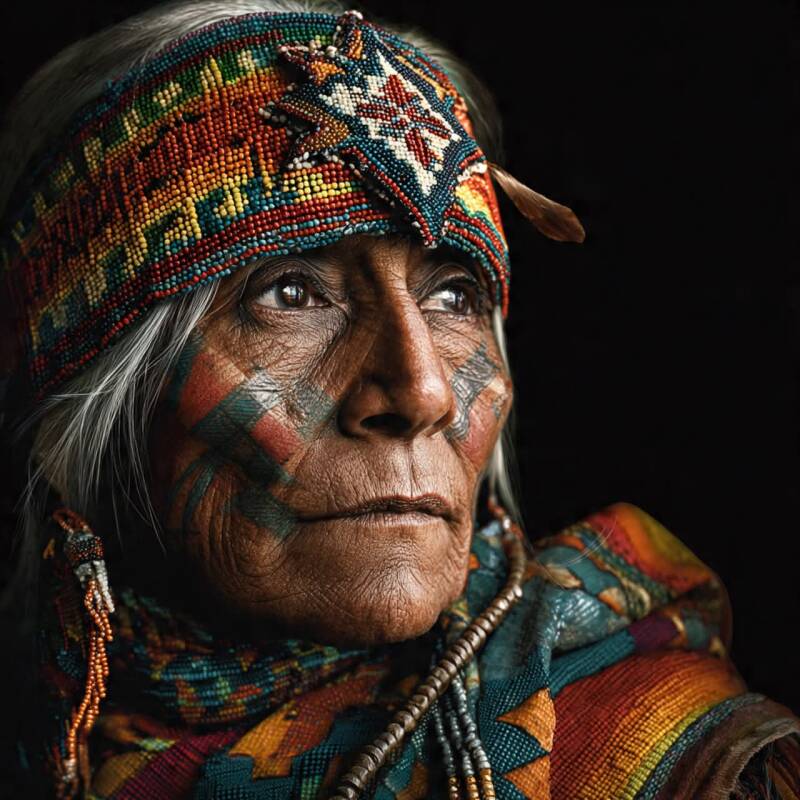
I want to start this post by saying this clearly: the Ndé — often called “Apache” by outsiders — have endured some of the harshest violence, displacement, and misrepresentation in U.S. history. And yet, their stories aren’t told nearly enough. We live on land taken from Indigenous nations, and the least we can do is speak their names correctly, acknowledge the truth, and honor the people whose ancestors walked these lands long before colonization.
The name “Apache” was imposed by outsiders.
Their true self-name is often Ndé (also written Ndee, N’dee, or Inde), meaning “The People.”
The Ndé are not one tribe — they are a family of several distinct nations with unique histories and homelands:
- Chiricahua
- Mescalero
- Jicarilla
- Lipan
- Western Apache
- Plains Apache (Kiowa Apache)
Despite being grouped under a single label, each nation has its own culture, leaders, stories, and spiritual practices.
And among them stands one of the most well-known and misunderstood Indigenous leaders in American history:
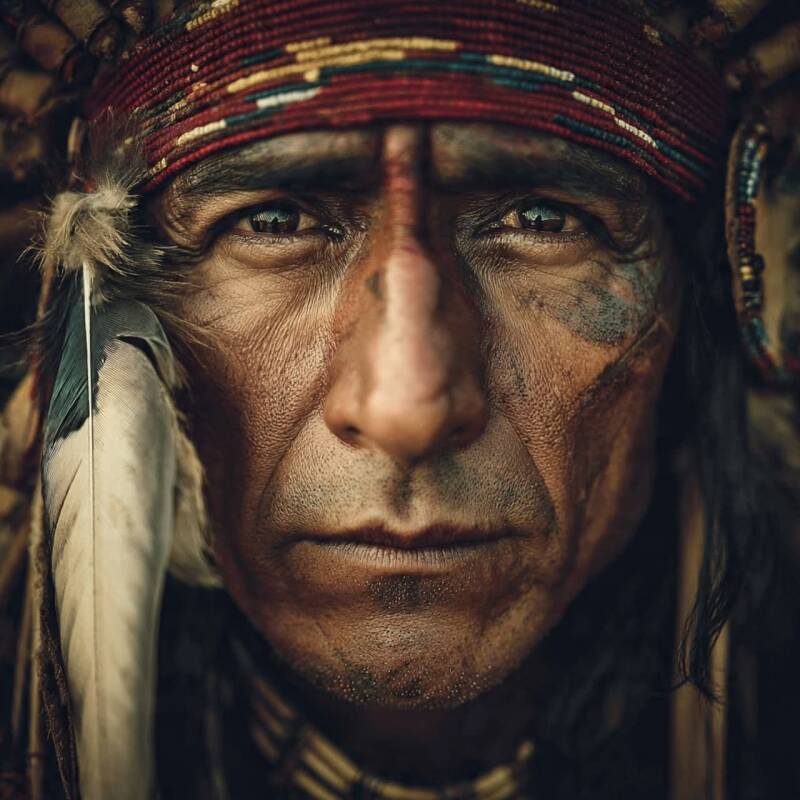
Geronimo (Goyaałé)
— Chiricahua Ndé leader, warrior, and medicine man
Goyaałé (meaning “One Who Yawns”) spent his life defending his people against Mexican and American military forces. He was a spiritual leader, a fierce strategist, and a survivor of unimaginable loss. His name has been twisted into myth by Hollywood, but the truth is this: He fought because he refused to let his homeland, culture, and people be erased.
A Deep History Rooted in the Land
The Ndé traditionally lived across present-day Arizona, New Mexico, Texas, Oklahoma, and Northern Mexico. Their world was shaped by mountains, deserts, river valleys, and forests — each homeland influencing how that Ndé nation lived.
They were known for:
- Expert knowledge of the land
- Skilled horsemanship
- Adaptability to harsh environments
- Strong extended-family clan systems
- A deep spiritual connection to nature
Many Ndé groups practiced seasonal movement, following food sources, hunting cycles, and spiritual patterns tied to the land. Their survival wasn’t luck — it was skill, tradition, and generations of knowledge.
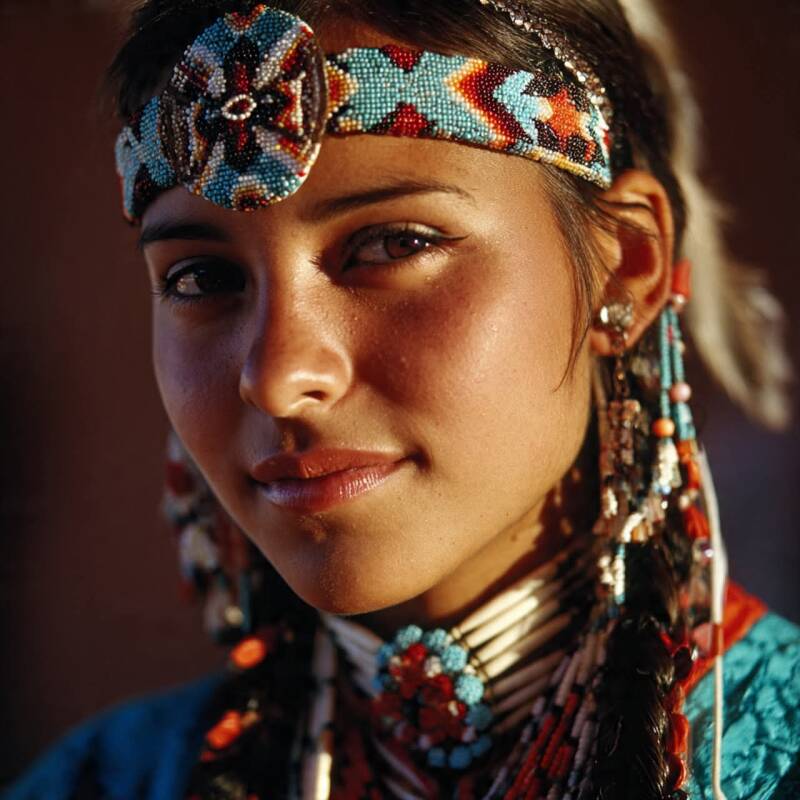
Language, Identity, and Culture
Ndé languages belong to the Athabaskan language family, the same family as the Diné (Navajo). Each Ndé nation has its own dialect, songs, stories, and sacred narratives. Their oral traditions teach:
- how to live in balance
- how to respect the land
- how to honor ancestors
- how to maintain harmony in the family
Ceremonies such as the Sunrise Dance (Na’íí’ees) celebrate young women coming of age and represent healing, strength, and the endurance of the Ndé people.
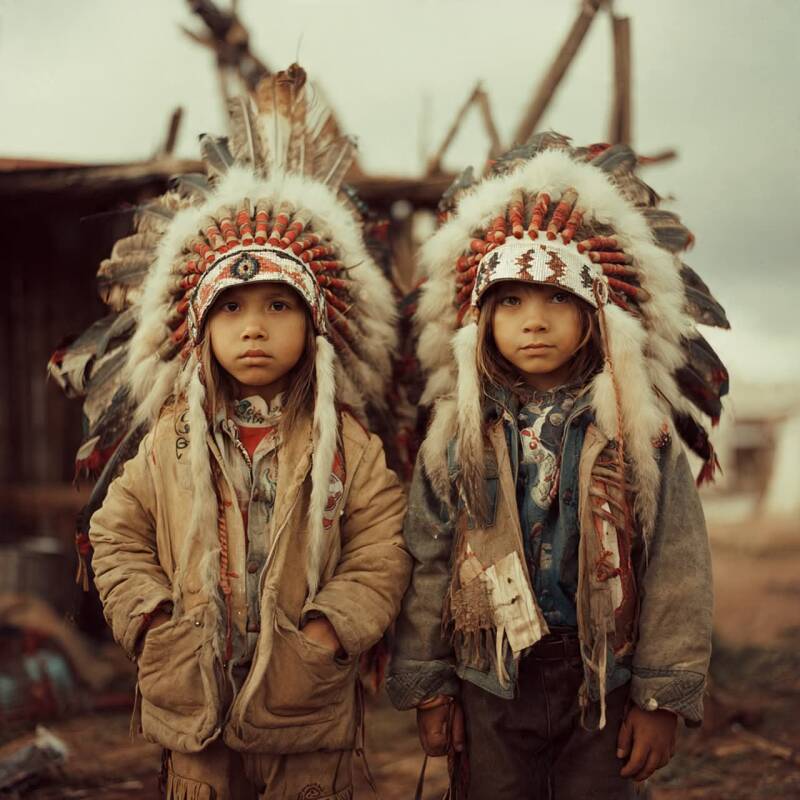
Resistance and Survival
The Ndé resisted colonization fiercely — not because they were “warlike,” as settlers claimed, but because they were defending their homes, their children, and their future.
They endured:
- massacres
- forced removal
- imprisonment
- starvation policies
- broken treaties
- cultural suppression
From the Chiricahua who were imprisoned as “prisoners of war” for 27 years, to the Lipan forced into exile across the border, the Ndé story is one of survival under relentless assault.
Yet they are still here.
Their communities across the United States and Mexico continue to speak their languages, practice ceremonies, run their own governments, and rebuild what colonization tried to destroy.
Contemporary Ndé Strength
Today, Ndé nations are:
- restoring their languages
- revitalizing traditional arts like basketry and beadwork
- preserving oral histories
- governing sovereign nations
- building community programs
- reclaiming stories misrepresented by Hollywood and textbooks
Their resilience is not past tense — it’s happening right now, in living memory, through the work of elders, activists, and youth who refuse to let their culture fade.
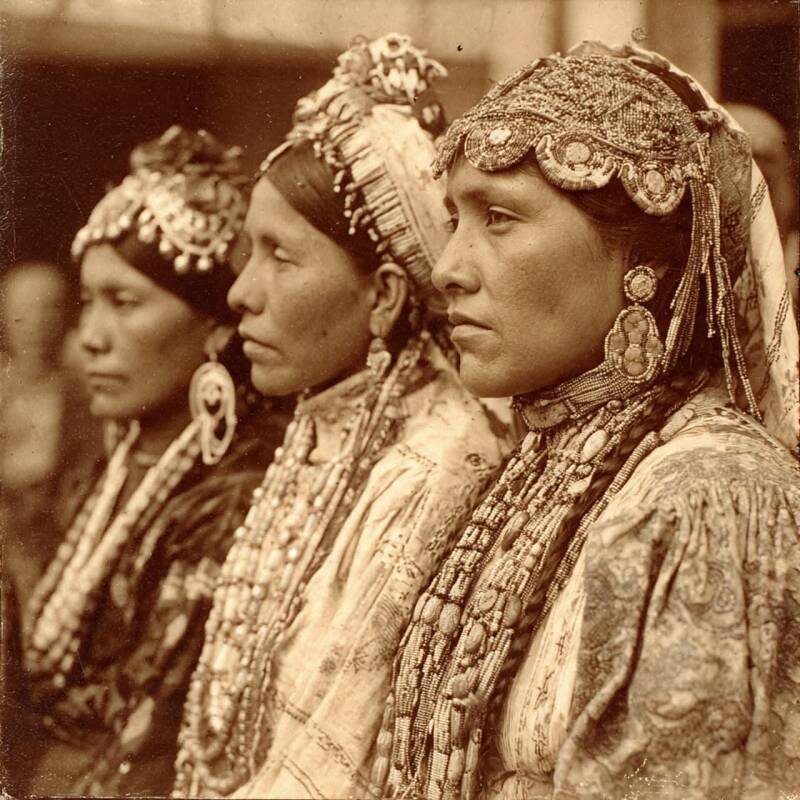
Why Using Their True Name Matters
“Apache” is an outsider’s label.
Using Ndé honors:
- sovereignty
- self-identification
- cultural truth
- the right to define themselves
It acknowledges them as more than a generic Hollywood stereotype — it honors them as a family of nations with deep roots and sacred histories.
As we celebrate Native American Heritage Month, let’s honor the Ndé and every Indigenous nation with truth, respect, and humility. Their languages, stories, and land stewardship shaped this continent long before colonization — and their presence continues to shape it today. May we speak their names correctly, uplift their voices, and recognize the resilience of all Indigenous peoples who continue to fight for culture, sovereignty, and survival.
Add comment
Comments